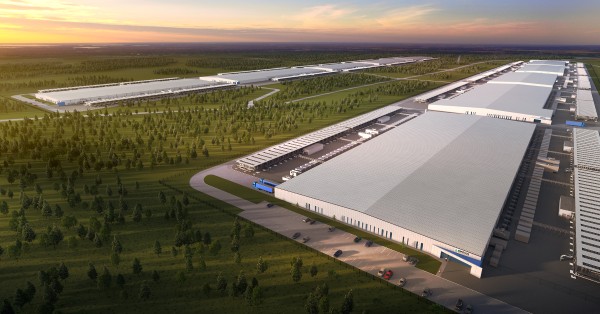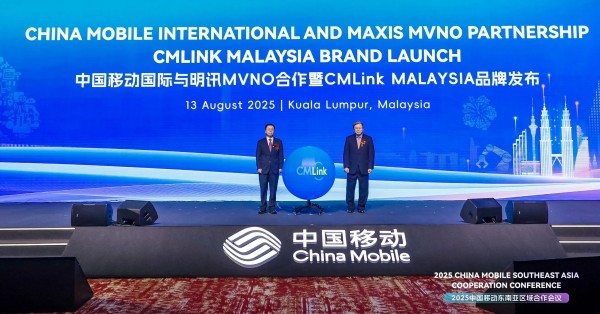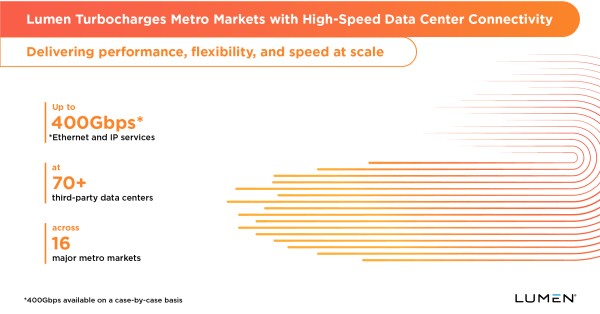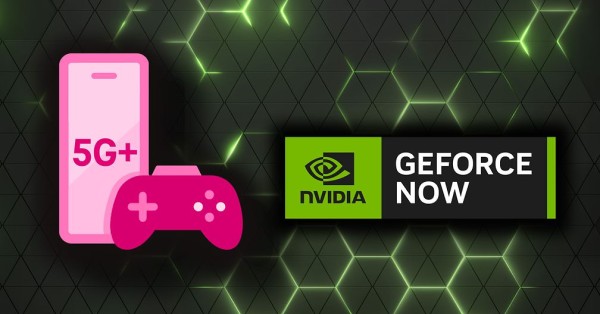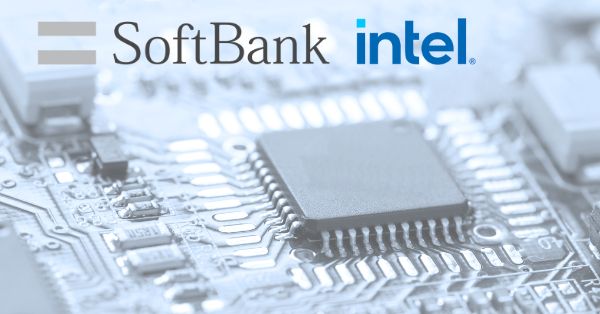Verizon and NVIDIA Join Forces to Bring AI Workloads to 5G Private Networks with Mobile Edge Compute
Verizon, in collaboration with NVIDIA, has introduced a cutting-edge solution that merges advanced artificial intelligence (AI) capabilities with Verizon’s secure and reliable 5G private networks and Mobile Edge Compute (MEC). This initiative is designed to empower enterprises by delivering real-time AI applications directly at the edge, demonstrating the transformative potential of this technology across various industries.
The solution integrates Verizon’s low-latency private 5G infrastructure with NVIDIA’s AI Enterprise software platform and NIM microservices. Together, these technologies provide businesses with the ability to deploy AI-powered services at the edge, enabling faster decision-making and enhancing operational efficiency. Initial demonstrations of this innovative platform are scheduled for early 2025.
Expanding the Role of AI in Enterprise Solutions
AI, particularly Generative AI, is reshaping industries with its ability to predict outcomes and automate processes. Verizon’s collaboration with NVIDIA leverages the unique strengths of both companies to bring advanced AI capabilities to enterprises. This solution capitalizes on Verizon’s leadership in private MEC and NVIDIA’s expertise in AI computation, offering secure, low-latency environments ideal for real-time AI applications.
Srini Kalapala, Senior Vice President of Technology and Product Development at Verizon, emphasized the significance of this collaboration, stating, “Generative AI is becoming a cornerstone of digital transformation across industries. By combining Verizon’s private networks and edge computing capabilities with NVIDIA’s AI platform, we are enabling businesses to deploy secure, ultra-low-latency AI applications that support their digital transformation goals.”
Similarly, Ronnie Vasishta, Senior Vice President of Telecom at NVIDIA, highlighted the partnership’s impact, noting, “Enterprises are eager to adopt AI solutions that deliver new value while improving efficiency. Integrating NVIDIA’s AI technology with Verizon’s private 5G networks is a major step forward in making AI accessible and transformative for businesses of all sizes.”
A Flexible and Scalable AI Platform
The Verizon-NVIDIA collaboration introduces a highly adaptable platform that simplifies AI deployment for enterprises. The plug-and-play nature of the solution allows businesses to adopt AI without significant infrastructure changes, fostering innovation and accelerating time-to-market. Key features of the platform include:
- Multi-Tenancy Support: Allows multiple users and applications to share the platform efficiently.
- Scalability: Modular design enables businesses to scale their AI capabilities as their needs evolve.
- Deployment Versatility: Supports both portable network solutions and permanent on-premises installations, catering to diverse operational requirements.
This robust infrastructure is designed to support demanding applications, including Generative AI models, computer vision, augmented reality (AR), virtual reality (VR), autonomous robotics, and IoT workloads.
Advantages of AI-Powered 5G Private Networks
The integration of AI with private 5G networks offers several distinct benefits for enterprises, making it a game-changer for industries requiring high-performance computing and real-time analytics:
- Ultra-Low Latency: Enables real-time processing, essential for applications such as robotics and augmented reality.
- High Bandwidth and Reliability: Ensures seamless performance for data-heavy AI tasks.
- Enhanced Security: Provides robust protection for sensitive AI workloads by keeping data processing within the private network.
- Edge AI Processing: Prevents compute-intensive tasks from traversing the public internet, allowing for faster local decision-making.
- Customizable Scalability: Meets the specific requirements of diverse industries and adapts to future growth needs.
These benefits make the platform ideal for applications in sectors like healthcare, manufacturing, logistics, and more, where real-time data processing and decision-making are critical.
AI and 5G: Transforming the Digital Landscape
Recent studies underscore the growing importance of AI in business operations.
A PwC report revealed that 75% of business executives view AI as a competitive advantage, with many organizations already implementing AI or planning to expand its use. Additionally, a McKinsey survey found that 50% of companies have adopted AI in at least one business function, with 71% planning further investments in AI technology.
These trends highlight the urgency for robust networks capable of supporting AI workloads. By 2035, 5G is expected to drive $12 trillion in global economic output, with AI-enabled devices playing a pivotal role in revolutionizing industries. The Verizon-NVIDIA collaboration addresses this demand, enabling enterprises to integrate AI into their operations efficiently.
Leadership in Edge Computing and AI Integration
Verizon has long been at the forefront of innovation, becoming the first company to launch Mobile Edge Compute. Its leadership in edge computing and private 5G networks positions the company as a trusted partner for businesses navigating the digital transformation journey.
The partnership with NVIDIA represents a significant advancement in enterprise AI capabilities. By integrating NVIDIA’s full-stack AI platform with Verizon’s private 5G network, the collaboration empowers businesses to leverage real-time AI solutions at the edge. This innovation accelerates decision-making and enhances operational efficiency, ensuring businesses remain competitive in an increasingly digital world.
Kalapala summed up the initiative’s impact, stating, “Verizon delivers not just connectivity, but solutions that enable businesses to anticipate and adapt to change. Our collaboration with NVIDIA underscores our commitment to driving innovation and delivering unmatched value to our customers.”
Demonstrations Begin in Early 2025
Verizon and NVIDIA plan to showcase the capabilities of their AI-powered private 5G platform through demonstrations starting in February 2025. These demonstrations will highlight the platform’s potential to revolutionize enterprise operations across industries, from healthcare to manufacturing and beyond.
As businesses embrace digital transformation, the integration of AI with private 5G networks offers a powerful tool for innovation and growth. Verizon and NVIDIA are leading the way, providing enterprises with the technology they need to thrive in a rapidly evolving landscape.






